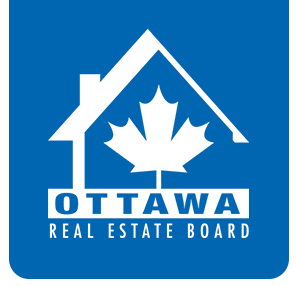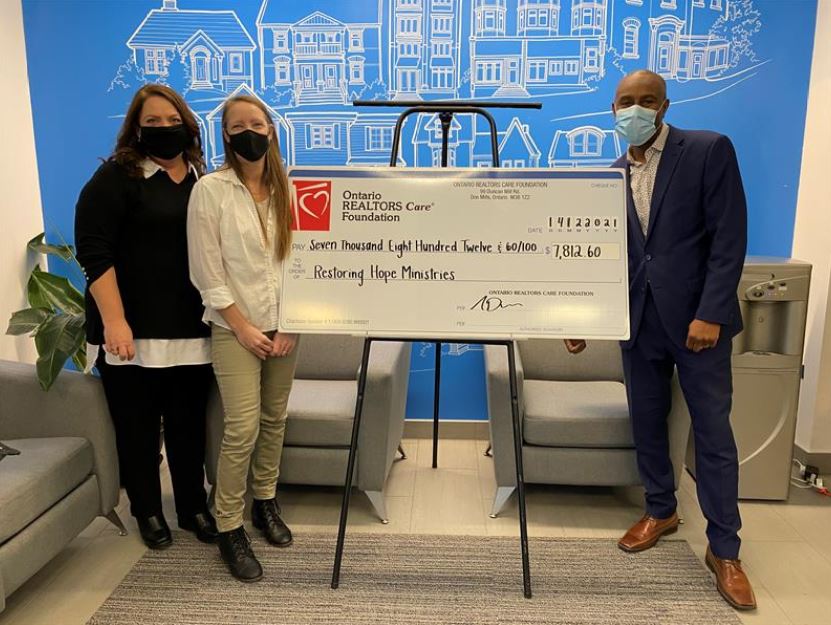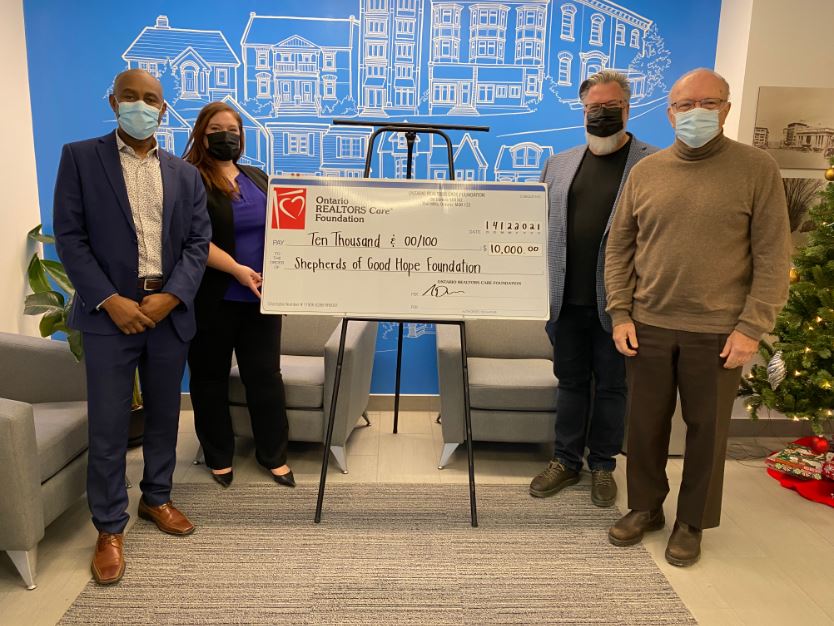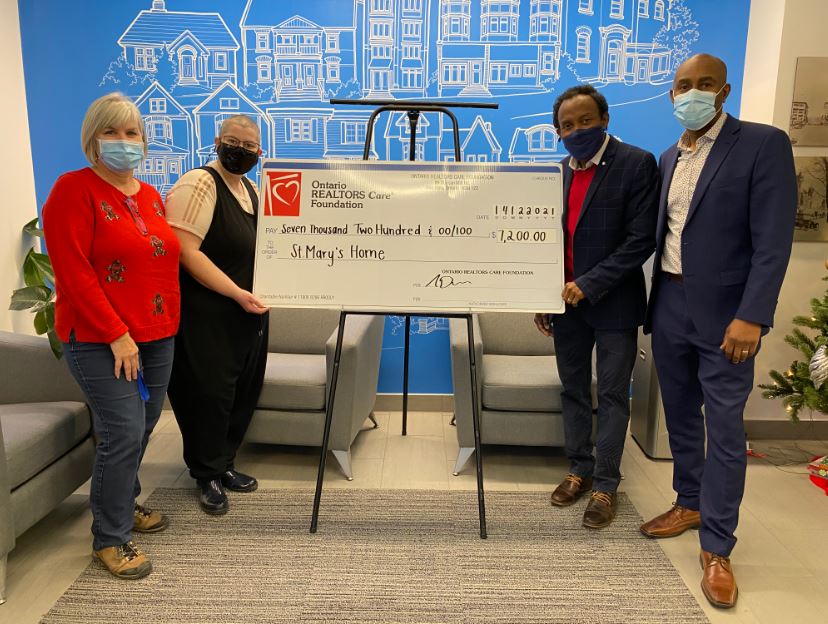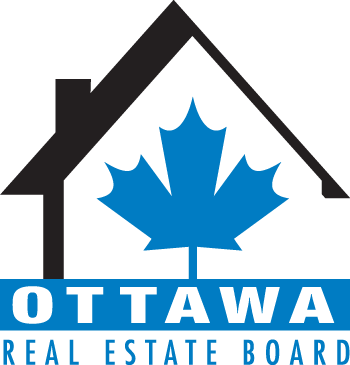Members of the Ottawa Real Estate Board sold 2,011 residential properties in March through the Board’s Multiple Listing Service® System, compared with 2,274 in March 2021, a decrease of 12 per cent. March’s sales included 1,493 in the residential-property class, down 12 per cent from a year ago, and 518 in the condominium-property category, a decrease of 10 per cent from March 2021. The five-year average for total unit sales in March is 1,792.
“Although the number of sales in March decreased from last year at this time, it was still a robust and busy start to the spring season. Transactions increased 42% over February (590 units) and were 12% higher than the 5-year average. Last March was unseasonably warm in comparison, and the lion-like weather that pervaded most of this March may have played a role. More likely, the lifting of some restrictions and opportunity for unfettered travel during the spring break had peoples’ attention turning towards other activities during the month,” states Ottawa Real Estate Board President Penny Torontow.
“March tends to be the early indicator of the spring resale market pace, so we anticipate April’s numbers will be a better indication of just how the spring market will perform, which tends to be the peak time of year for resales,” she adds.
The average sale price for a condominium-class property in March was $479,405, an increase of 10 per cent from 2021, while the average sale price for a residential-class property was $853,615, increasing 13 per cent from a year ago. With year-to-date average sale prices at $831,122 for residential and $467,915 for condominiums, these values represent a 14 per cent and 13 percent increase over 2021, respectively.*
“Average prices continue on their upward trend, albeit only increasing 2-3% over February’s figures, the year over year percentage increases of 13-14% validate that the housing supply shortage will continue to put strong upward pressure on prices until that is remedied.”
“Last month saw 2,632 new listings enter the MLS® System, and although 6% lower than March 2021, this is still 4% (or 100 units) above the 5-year average. Residential-class property inventory is approximately 10.5% higher than last year at this time, with condominium-class inventory down 12%. Overall, we are just slightly over (.6%) a half month’s supply of inventory and require at least four months of inventory to be considered within a balanced market.”
“It is encouraging to see new inventory entering the resale market. However, these properties are being quickly absorbed due to the unrelenting high demand, and more listings are crucial to meeting this need,” Torontow advises.
“We appreciate the provincial government has introduced the first phase of its More Homes For Everyone Act to tackle the housing shortage by implementing measures, including working with municipalities to get homes built faster and increasing the Non-Resident Speculation Tax. This is a good start, and we are hopeful that with the application of these and further measures, Ottawa’s many potential home buyers waiting on the sidelines will finally be able to get a foothold in our local market.”
In addition to residential sales, OREB Members assisted clients with renting 1,291 properties since the beginning of the year compared to 1,079 by March 2021.
* OREB cautions that the average sale price can be useful in establishing trends over time but should not be used as an indicator that specific properties have increased or decreased in value. The calculation of the average sale price is based on the total dollar volume of all properties sold. Price will vary from neighbourhood to neighbourhood.

